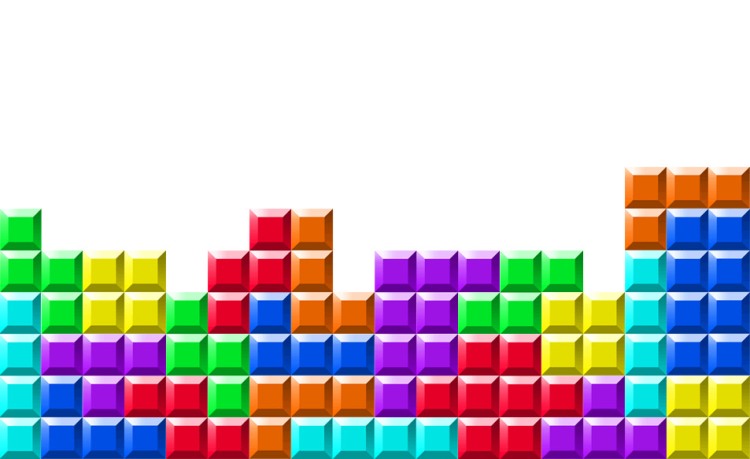Study shows playing Tetris can help soothe mind during anxiety
In place of Tetris, in which blocks are flipped every which way and stacked into rows, one can substitute flow activities such as rock climbing, carpentry, playing chess, or swimming, researchers said.

- Country:
- United States
Playing the classic game of Tetris can help sooth the mind when you are awaiting uncertain news -- such as medical test results or outcome of a job interview, a study has found.
The venerable video game was used in a recent experiment to create a state of flow -- the term psychologists use to describe a state of mind so engaged it makes the rest of the world fall away, and time pass more quickly.
Researchers from the University of California (UC) Riverside in the US have found that state of perfect disengagement may improve the otherwise-emotionally unpleasant experience of waiting for uncertain news.
In place of Tetris, in which blocks are flipped every which way and stacked into rows, one can substitute flow activities such as rock climbing, carpentry, playing chess, or swimming, researchers said.
"Flow -- if it can be achieved -- incurs benefits. And video games are perfect for flow as long as it's a game that meets and slightly pushes the skill level of the player," said Kate Sweeny, a professor at UC Riverside.
"Flow is most readily achieved with activities that challenge the person somewhat, but not too much; have clear, achievable goals; and that provides the person with feedback about how they're doing along the way," Sweeny said.
For the research published in the journal Emotion, 290 undergraduate students were told the study would be about physical attractiveness.
They filled out a questionnaire, after which a photo was taken of them. They were then told that students in another location would rate their physical attractiveness.
While they were ostensibly being rated, the students were then asked to play Tetris for 10 minutes.
The game was introduced at varying levels: one level was "low challenge," ie, easy; the second was "adaptive," changing in difficulty as participants' abilities increased; the third was "high challenge," or difficult.
After the game, they completed a survey measuring flow, worry, and emotion. Finally, the study's research assistants explained the true nature of the research.
The participants who achieved flow -- those in the adaptive group -- experienced less negative emotion, and greater positive emotion than those who were bored, or for whom the level of play was too difficult.
"The Tetris study is key because it experimentally manipulates flow and shows effects of that manipulation, which provides convincing evidence that flow actually causes well-being during waiting periods, not that it just happens to coincide with well-being," Sweeny said.
(With inputs from agencies.)
- READ MORE ON:
- University of Southern California
- University of California
- Berkeley
- California State Lottery
- Los Angeles
- San Diego
- Santa Barbara
- California Golden Bears football
- Columbia University
- Yale University
- Harvard University
- Stanford University
- Universal Pictures
- University of Oxford
- Cambridge University
- University of Cambridge
- Riverside
- Emotion
- Tetris










